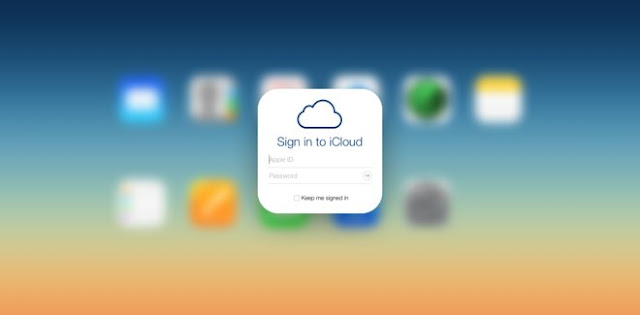How to free up space in iCloud

Running out of cloud storage and don't want to buy more? Here are a few different ways to free up space in iCloud.
Apple's iCloud storage service can be used to stash away photos, videos, device backups, and more in the cloud. The company offers users 5GB of space for free, however because it's 5GB of space per Apple ID and not per device, you may find yourself running out of space faster than you would like. While additional storage can be purchased from Apple, there are ways to free up space in your iCloud account before shelling out some extra cash.
Check your space
To see how much space you are using, enter Settings on your iPhone or iPad, select iCloud, click Storage, followed by Manage Storage.
Delete old backups
There is a good chance that your backups are taking up most of your space. If you have backups from your old device, say from an iPhone 4 or iPad 2 that you no longer own, you can just go ahead and delete those. Simply click on the backup scroll to the bottom and tap Delete Backup.
Change backup settings
You may also be backing up items that you don't really need to have saved in the cloud. For me, that includes Safari data (I use Google Chrome instead) and Contacts (I save my contacts to Gmail), but it's different for everyone. Head to Setting and click on iCloud. From here you can pick and choose which items you would like to be saved to iCloud. If you find something you really don't care about, flip the switch to off to delete the data. This will also make sure it isn't backed up the next time you perform a backup.
Alternative photo services
An easy way to free up a lot of space in iCloud is to delete photos from your backups. Instead of having photos stored in iCloud, I recommend using one of the many third-party cloud services that offer even more free space than Apple. My personal favorite is Google Photos, which offers unlimited storage for free. There's also Yahoo's Flickr app, Microsoft One Drive, DropBox, and Amazon Cloud Drive. You can learn more about these services in this article.
This article was originally published in October 2014 and has been updated to include new information.

.jpg)

.jpg)










0 comments: